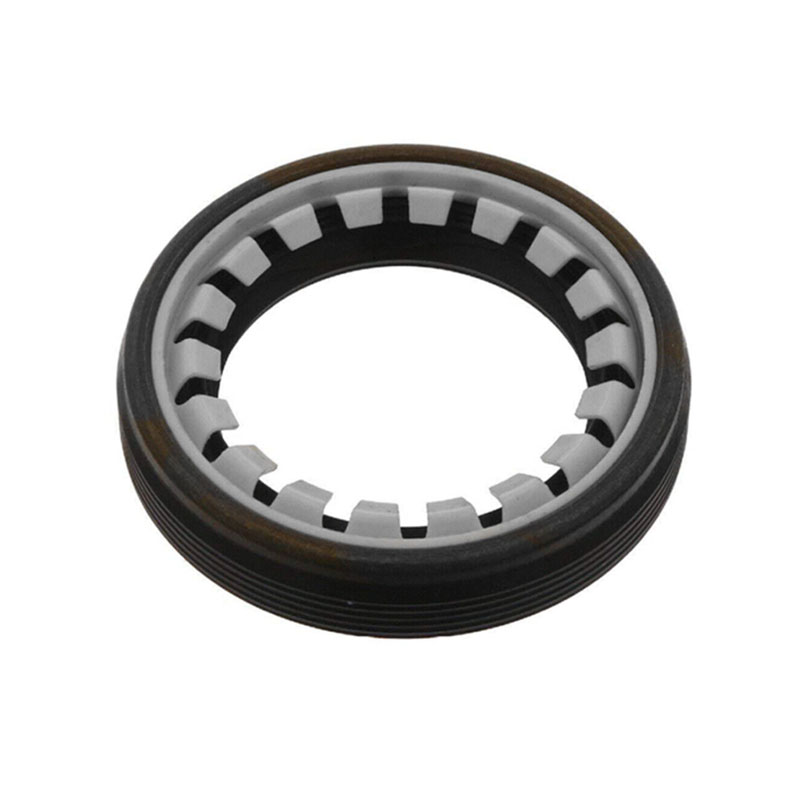leaking oil filter housing gasket
Understanding and Addressing Leaking Oil Filter Housing Gasket Issues
The oil filter housing gasket plays a crucial role in the overall health of an engine by preventing oil leaks that can lead to serious mechanical problems. Oil leaks can result from several factors, including age, wear and tear, and improper installation of the gasket. This article will explore the significance of the oil filter housing gasket, common signs of a leak, potential repercussions, and how to properly address these issues.
The Role of the Oil Filter Housing Gasket
The oil filter housing gasket sits between the oil filter and the engine block, creating a seal that prevents oil from escaping. Oil filters are essential for keeping the engine lubricated and functioning smoothly; without proper filtration, contaminants can build up and cause engine damage. The gasket’s integrity ensures that oil flows through the filter and back into the engine without any leaks.
Signs of a Leaking Oil Filter Housing Gasket
Detecting a leak early on can save car owners a significant amount of money in repairs. One of the most obvious signs of a leaking oil filter housing gasket is the presence of oil spots beneath the vehicle. If you notice brown or black spots on the driveway where the engine sits, it’s a good indication that oil is leaking.
Another critical warning sign is the smell of burning oil, which can occur if the leaked oil comes into contact with hot engine components. This characteristic odor can indicate that oil is dripping onto surfaces that can ignite, presenting potential fire hazards.
Additionally, fluctuations in oil pressure can occur due to a faulty gasket. Dashboard warning lights, particularly those indicating low oil pressure, should be taken seriously. If these indicators arise, it is crucial to investigate the source of the problem.
Consequences of Ignoring a Leak
Neglecting a leaking oil filter housing gasket can lead to severe consequences for any vehicle. Over time, an ongoing oil leak will result in a low oil level, which can lead to increased friction between engine parts and ultimately cause engine failure. Continued operation with an inadequate lubrication system can result in expensive repairs and diminished vehicle performance.
leaking oil filter housing gasket

Moreover, the environmental impact of oil leaks should not be underestimated
. When oil drips onto the ground, it can contaminate soil and water supplies, posing a risk to local ecosystems.Addressing the Leak Steps to Take
If you suspect a leaking oil filter housing gasket, follow these essential steps
1. Identify the Leak Begin by inspecting the area around the oil filter for any signs of oil seepage. Clean the area thoroughly, as this will help you pinpoint the source of the leak.
2. Consult a Professional If you're not experienced with car repairs, it's wise to consult a qualified mechanic. They can perform a detailed inspection and confirm whether the gasket needs replacement.
3. Replace the Gasket If a replacement is necessary, ensure that the new gasket is installed correctly. Proper torque specification during installation is crucial to maintaining a secure seal.
4. Regular Maintenance Keeping up with routine oil changes and inspections can help prevent future leaks. Regular checks can catch issues early, allowing for timely interventions.
Conclusion
The oil filter housing gasket plays an essential role in an engine's efficient operation. Understanding the signs of a leak, the consequences of neglect, and the steps to take when addressing the issue can help car owners maintain their vehicles' health and performance. Taking proactive steps ensures not only the longevity of the engine but also a safer driving experience.
-
The Ultimate Guide to Car Repair Kits: Tools and Essentials Every Driver Should Own
News Aug.01,2025
-
The Complete Guide to Oil Pan Gaskets: Sealing Engine Leaks the Right Way
News Aug.01,2025
-
Preventing Oil Leaks: A Complete Guide to Oil Pan Gaskets and Drain Seals
News Aug.01,2025
-
Everything You Need to Know About Oil Pan Gaskets and Drain Plug Seals
News Aug.01,2025
-
Essential for Car Owners: How to Use a Car Repair Kit to Deal with Minor Breakdown
News Aug.01,2025
-
Comprehensive Guide to Engine Oil Sump Gaskets and Related Seals
News Aug.01,2025
-
The Ultimate Guide to Boat Propeller Bearings and Trailer Wheel Bearings
News Jul.31,2025
Products categories















